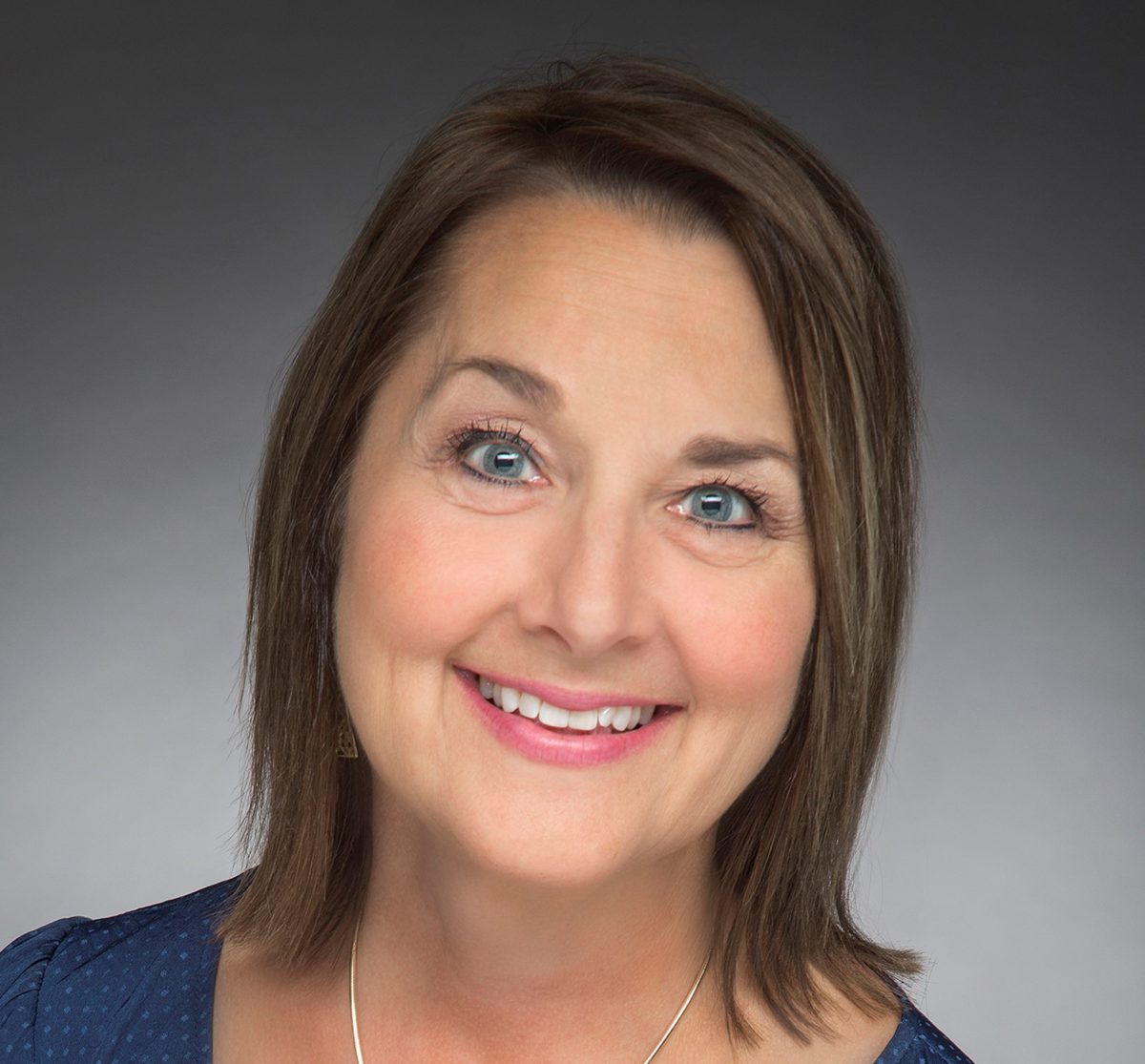Dr. Ed O’Bryan isn’t one to sit around. In fact, he stands—dances, even—even when he’s working at his desk.
He practices as an ER doctor, teaches emergency medicine, started and serves on the board of trustees for two nonprofit organizations, and founded a number of health-related companies, several of which he still serves as a board member for. He has a long list of peer-reviewed publications and given countless talks, including a TEDx talk in Charleston. And he’s always looking for better ways to provide the absolute best healthcare for patients.
In August, Ed arrived at CSI Pharmacy to serve as our first chief medical officer.
“I’ve always had an entrepreneurial mindset,” says Ed, who in addition to achieving a medical degree from the Medical University of South Carolina also earned an MBA from the University of Tennessee.
As CSI Pharmacy grows, expanding services across the country and growing the number of therapies we now offer, Ed provides clinical oversight to ensure we continue to provide the best care for those who depend on these treatments. He works with pharmacists and nurses to monitor therapies and patient outcomes, and he coordinates communication with healthcare providers so they are continually informed about their patients’ progress.
“We work with complex diseases,” Ed says. “They’re difficult to treat, and every patient is different in how they respond. Adding that extra layer of clinical oversight, whether it’s for patient questions or challenges that our nurses may have, just makes us better and further sets us apart from other pharmacies.”
Among his priorities is developing a digital evaluation process to monitor the impact of treatment on both the patient’s condition and quality of life. Gathering this data over a period of time can help pharmacists and physicians understand what’s working best to improve patient outcomes. It may even add to the scientific understanding of diseases such as myasthenia gravis, myositis, chronic inflammatory demyelinating polyneuropathy (CIDP), primary immunodeficiency diseases, and other conditions we treat.
Ed also wants to create a physician advisory council for CSI Pharmacy. Having a relationship with a group of specialists and researchers will help us stay on the cutting edge of new and expanding therapies that can best serve our patient communities.
“We want to show that patient outcomes are better when they get their infusions at home versus going to a hospital setting,” Ed says. “Having an extra set of trained eyes on our patients will help to make sure that their complex and chronic diseases are being managed in the best way possible. This can really take us to the next level.”
When he’s not working, Ed enjoys hanging out with his wife, Claire, a nurse practitioner, and their daughters, Evy (age 7) and Tillie (age 5). And while surfing is one of his favorite pastimes, he doesn’t get to do this much since he moved from Charleston, South Carolina to Nashville, Tennessee.
“I just want patients to know that that I’m here to be a resource for them,” Ed says. “These disease states are so complex and challenging from a lot of different standpoints. I’m really excited to be an advocate for them.”




